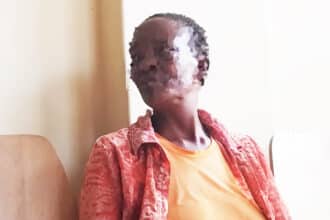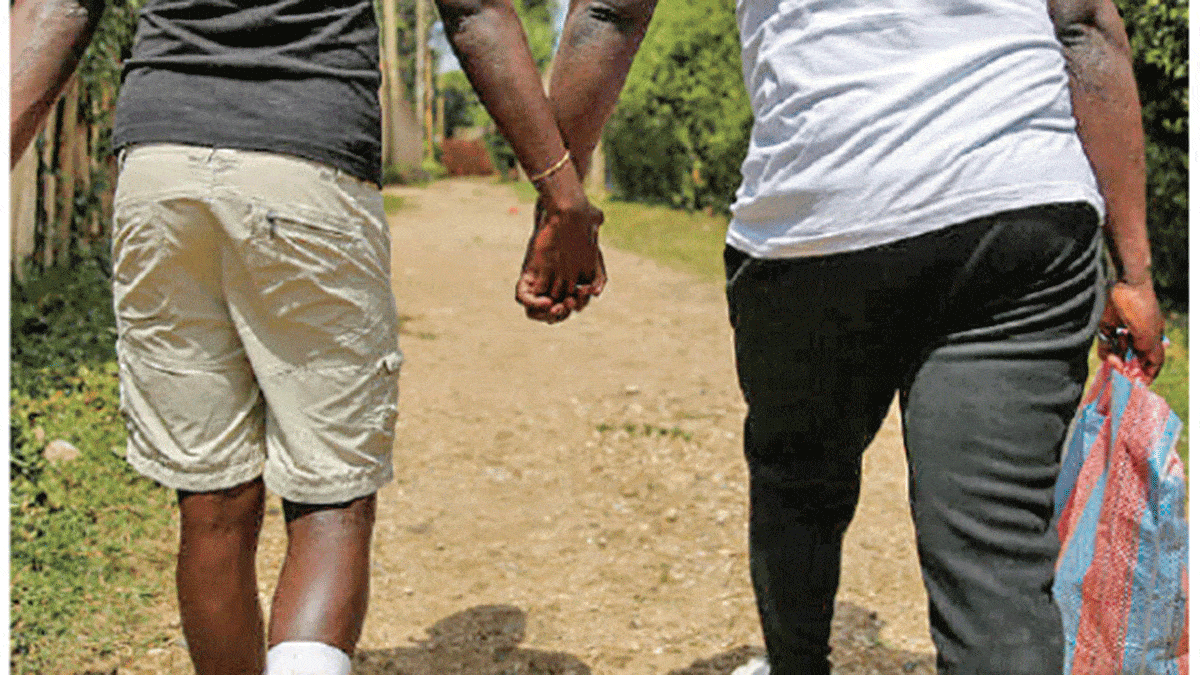Botswana’s Parliament intends to table a number of bills in the current session, one of which seeks to repeal section 164 of the Penal Code to legalise same sex homosexual practises in Botswana. Following the publication of the bill, the church launched a campaign to rally their members and the community at large to target any MP that would vote in support of the bill and not vote for them.
Meanwhile Southern Africa Litigation centre has weighed in on the matter and called for parliament to uphold the court of appeal even as the church has intensify their residence with a protest in Molepolole.
” The Bill is further about acknowledging the rule of law and the decisions of the judiciary. There is no need for debate, uphold the Court of Appeal decision and pass the Bill!
On November, 29, 2021, the Botswana Court of Appeal issued a judgement declaring sections 164(a) and (c) of the Penal Code that prohibits consensual sex between same-sex partners unconstitutional. The Court relied on evidence that these sections have a discriminatory effect on members of the LGBTIQ+ community and breach their rights to liberty, dignity, privacy and equal protection before the law.
As proven by evidence submitted before the courts, criminalising persons based on their status fuels societal stigma, discrimination, hate and violence.
The Court held that the right to privacy accordingly extends to, “Protection of the right to make personal choices about one’s lifestyle, choice of partner, or intimate relationships among a host of others.” The Court concluded that sections 164(a) and (c) of the Penal Code “have been rendered unconstitutional by the march of time and the change of circumstances” and are unnecessarily harmful to and stigmatising of gay men. Such sections, “Incentivise law enforcement agents and others to become key-hole peepers and intruders in private spaces,” which is “neither in the public interest nor in the nature of Batswana.”
The decision is a crucial step to diminish the stigma and discrimination experienced by LGBTIQ+ individuals in Botswana. The decision comes at a crucial time since arguments against the recognition of LGBTIQ+ rights continue to hold sway in parts of Africa, leading to legislative proposals that are the exact opposite of the principle of the universality of rights.
The Botswana Court of Appeal’s well-reasoned judgment makes an objective contribution to the discourse questioning the validity of criminal intervention in matters of sexual intimacy. A 2020 Afrobarometer survey showed improved attitudes among Batswana towards homosexuals post the 2019 High Court decision decriminalising consensual same-sex sex.
Following the judgement, the Attorney General Advocate Abraham Keetshabe affirmed that the Government of Botswana will comply with the Court of Appeal decision, stating that “It is only through compliance with Court decisions that democracy and the rule of law in this country can continue to flourish.”
The President of Botswana, H.E Mokgweetsi Masisi, in January 2022 met with LGBTIQ+ activists and asserted that through the principles of democratic governance and the rule of law, the government would comply with the decision of the Court of Appeal to protect LGBTIQ+ people.
Yet, the past week saw several pastors and politicians in Botswana calling for a debate on the Bill. Such calls ignore the fact that the Court has already ruled the criminalisation of same-sex sex to be contrary to the Constitution, the supreme law of our country. Then Judge President Kirby explained that judges must interrogate laws or policies passed by Parliament and ensure they follow the parameters set by the Constitution.
This is part of the checks and balances envisioned by the doctrine of separation of powers and is of critical importance to minority groups whose views might not be heard in Parliament.
We call upon legislators in Botswana to reject this wave of hate and moral panic that is spreading across the African continent. Some of the worst carnages have occurred when society and States prioritised the views of the majority or those perceived to be superior.
It is in recognition of this, and following the horrific atrocities of World Wars 1 and 2, that States across the globe in 1948 committed themselves to the Universal Declaration of Human Rights. Similarly, the African Charter on Human and Peoples’ Rights, orders States to protect human rights, as an essential requirement for liberation and the elimination of all forms of discrimination, including colonialism and apartheid.
The proposed amendment Bill is not about religious and moral beliefs but is about the inalienable rights of all citizens under the Constitution. The Bill is about the dignity of the person and not about the will of the majority. The Bill is further about acknowledging the rule of law and the decisions of the judiciary. There is no need for debate, uphold the Court of Appeal decision and pass the Bill!







